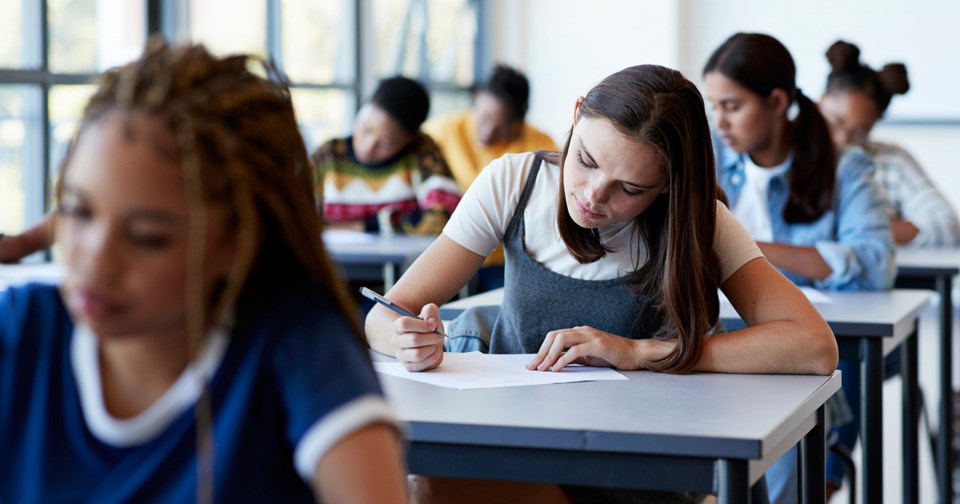HUMBOLDT — Final exams have been a part of the K-12 system across North America for over a century. Now the Horizon School Division is among those examining their educational merit.
The topic was one of discussion during Horizon’s board meeting on Jan. 20, but Kevin Garinger, Horizon’s Director of Education, said it’s also happening on the provincial level, and in individual Horizon schools.
Currently, Horizon teachers are given the choice of their preferred assessment practice. Some prefer final exams while others have removed them all together.
“I think all school divisions are looking at effective assessment practice,” Garinger said.
“We’re not saying ‘throw anything out’… It’s always a good thing though to continue to look at the research and to make as informed a decision as possible in terms of final year assessments and what they should in fact look like.”
Before the division would change schools to a consistent assessment practice, Garinger said there is a need for further discussion – with provincial exams being put on pause since 2019.
“With the pause on provincial exams, it has shifted the focus a bit. We also recognize the provincial exams themselves were problematic in some ways because only 18 per cent of students, approximately, in the province who were eligible for final exams actually wrote because teachers are accredited and can make their own final examination in situations that’s applicable.”
A point in the favour of regular assessments, otherwise called “common assessments,” is that it allows teachers to gauge their students’ level of learning and adjust the lessons accordingly, whereas final assessments occur at the end of a semester when it’s too late for students to improve.
An additional factor being considered is the impact on students who have had to miss classes due to COVID-19.
“We’re trying to look at if there’s a better process that can sort of help us understand exactly what a student knows,” he said. “There are some mixed reviews on it, but ultimately you’re seeing more and more of the desire to look at the common assessments, and then utilizing those assessments to discuss and engage in professional dialogue around what’s happening in one classroom versus another.”




